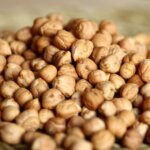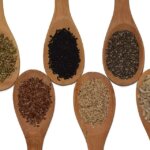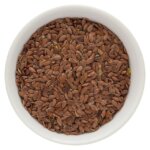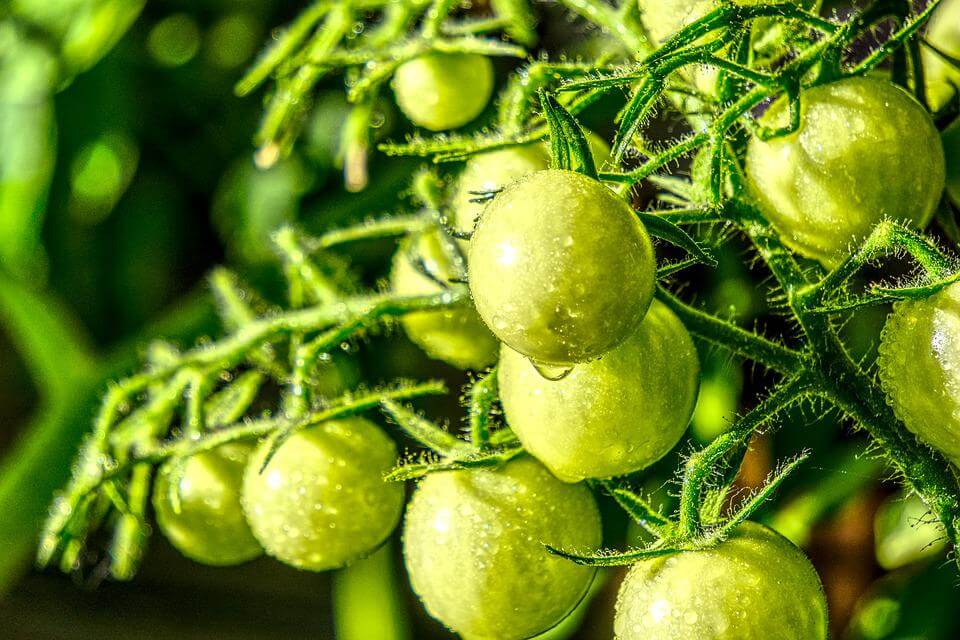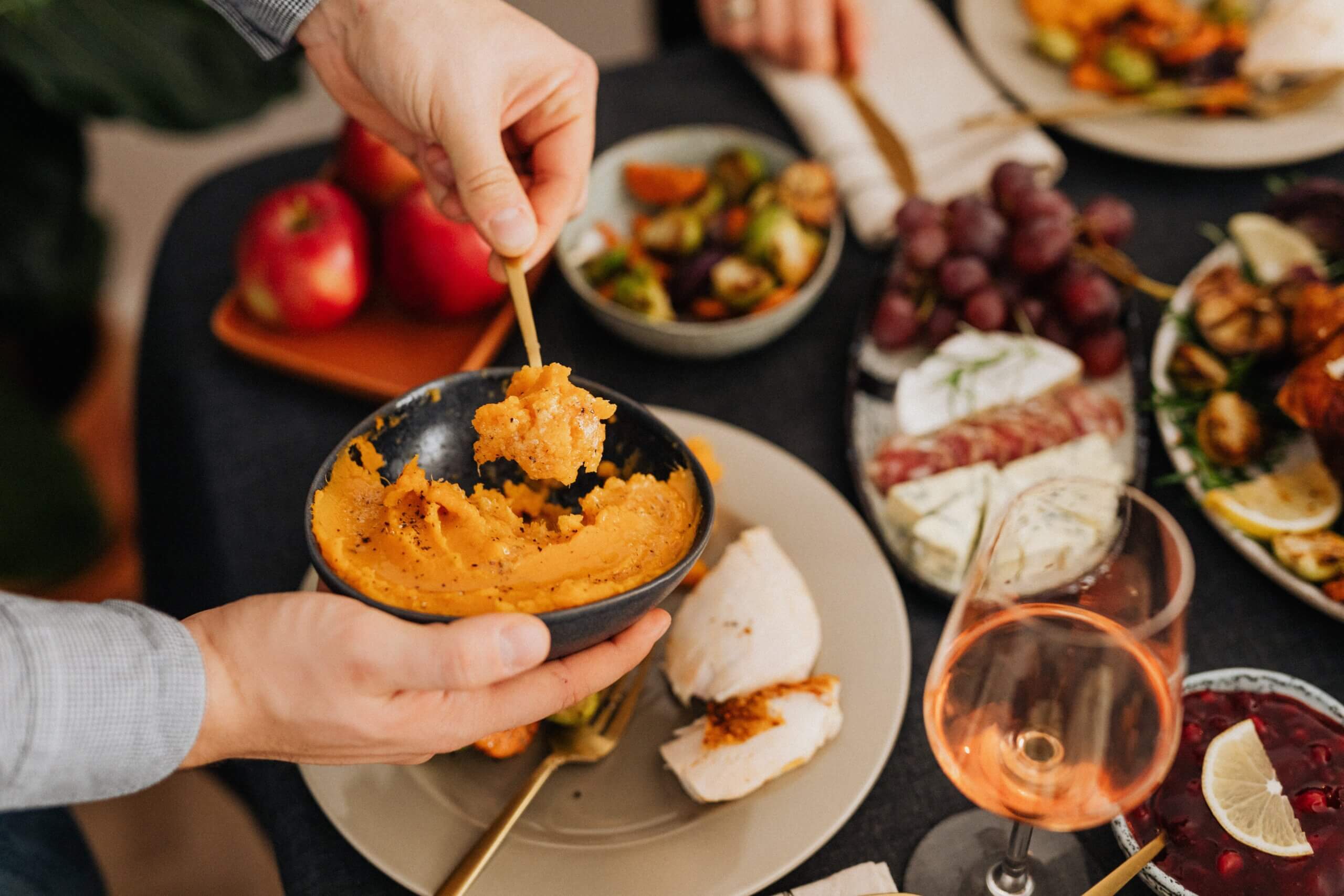As you know, the monsoon season is always a difficult time for your weight. It’s a time where most people stop paying attention to what they eat and let their work or social life take precedence. If you want to have a healthy weight all through the monsoon season, here are some tips that will help you stay on track with your diet throughout this difficult period.
1. Eating breakfast is the best way to start your day
2. Take care of your hunger pangs with healthy snacks
3. Cut down on starches
4. Drink lots of water
5. Have a salad before dinner
6. Have a light dinner
7. Avoid snacking in between meals.
Breakfast
Breakfast is the most important meal of the day, and it’s not just because your mom told you so. It’s because it kick starts your metabolism for the day. Take care to give yourself enough time to eat breakfast in the morning.
If you need some time to wake up, drink a cup of coffee while eating toast or cereal before leaving for work.
Hunger Pangs
One of the most difficult things about the monsoon is hunger. It often feels like you can’t go a few hours without feeling hungry and that’s especially true when you’re on a diet and trying to lose weight.
Hunger pangs can be difficult to deal with, but there are ways to help with them. One of the best ways is to eat breakfast every morning. Starting your day off with a healthy meal will help keep those hunger pangs at bay for as long as possible. Another great thing you can do is have a snack between meals if you find yourself getting super hungry in between your three regular meals per day. You can have healthy snacks, like fruits or nuts, or even some unsweetened iced tea.
You should also try not to snack in between meals as much as possible. Snacking too much can leave you feeling hungrier than if you just wait until your next mealtime comes around again, so try saying no to that extra cookie or sweet drink
Starches
Starches are a common food to add to your diet when you’re trying to lose weight. Unfortunately, they’re also a major source of calories and can end up causing you to put weight on when you need to be losing it. If you want to enjoy the benefits that starches offer without adding any weight in the process, make sure you eat them at a time where they won’t cause an issue for your diet. For example, if you eat a hearty breakfast in the morning but then have a light lunch or dinner, make sure you include plenty of starches in your meal without going overboard with it. This way, you won’t have all day long sitting around feeling hungry and tempted by other snacks because your lunch was too light.
Water
During the monsoon, it’s important to stay hydrated. We get dehydrated during this time of year because we’re sweating more and our body is trying to cool itself down. Your body needs water for digestion and metabolism, so you should drink at least 8 glasses of water a day.
Salad
Salad is a light and healthy dish that can be eaten at any time of the day, especially during the monsoon season. It’s rich in vitamin C, antioxidants, and fibre which helps maintain a healthy weight. Salad can be made from a number of vegetables like lettuce, cabbage, carrots, tomatoes, broccoli, cucumbers etc. You can also have it with your favourite dressing or toppings.
Dinner
Dinner can be the hardest time to stay on track with your diet. Eating dinner should be a light meal because you might have eaten too many snacks throughout the day. You may not always know the right foods to eat for dinner, but there are some general rules to follow when deciding what to eat.
– Eat fruits and vegetables before dinner
– Choose lean proteins
– Reduce carbs
– Avoid heavy sauces
– Drink lots of water before, during, and after dinner
Snacking in Between Meals
If you find yourself with cravings in between mealtimes, it’s best to avoid snacking. When you snack in between meals, it’s easy to end up eating more than the amount of calories you need for the day. Remember that snacks are not necessary and that they might actually be detrimental to your diet and weight-loss goals.
Takeaways:
As the monsoon season approaches, it is important to be prepared with the right food to keep us going for the whole season. The best way to do this is to eat well-balanced meals that are high in proteins, have a low glycemic index, and are high in potassium levels. Avoiding foods high in starch and sugar will help keep us in shape and give us the energy we need to be productive throughout the day. To achieve this goal, here are 7 guidelines for your diet throughout the monsoon season.
My Trendy soul wishes you great health wealth and prosperity. Have a blessed and awesome cure take care.

